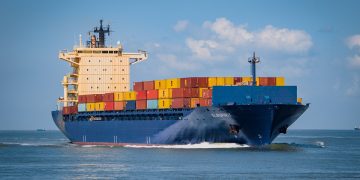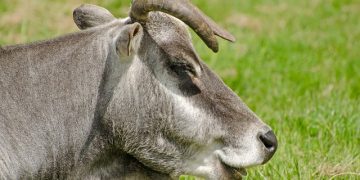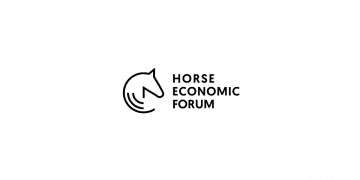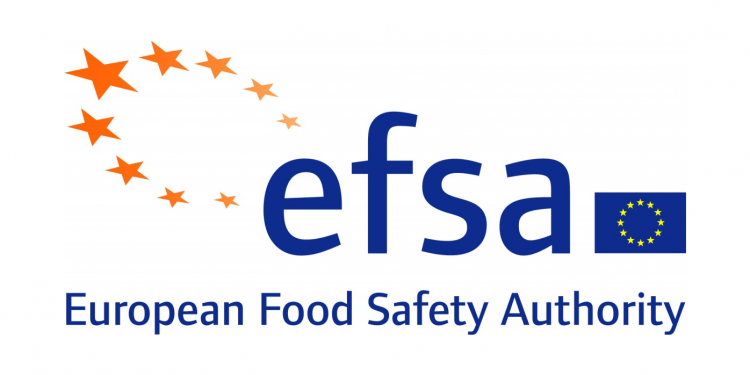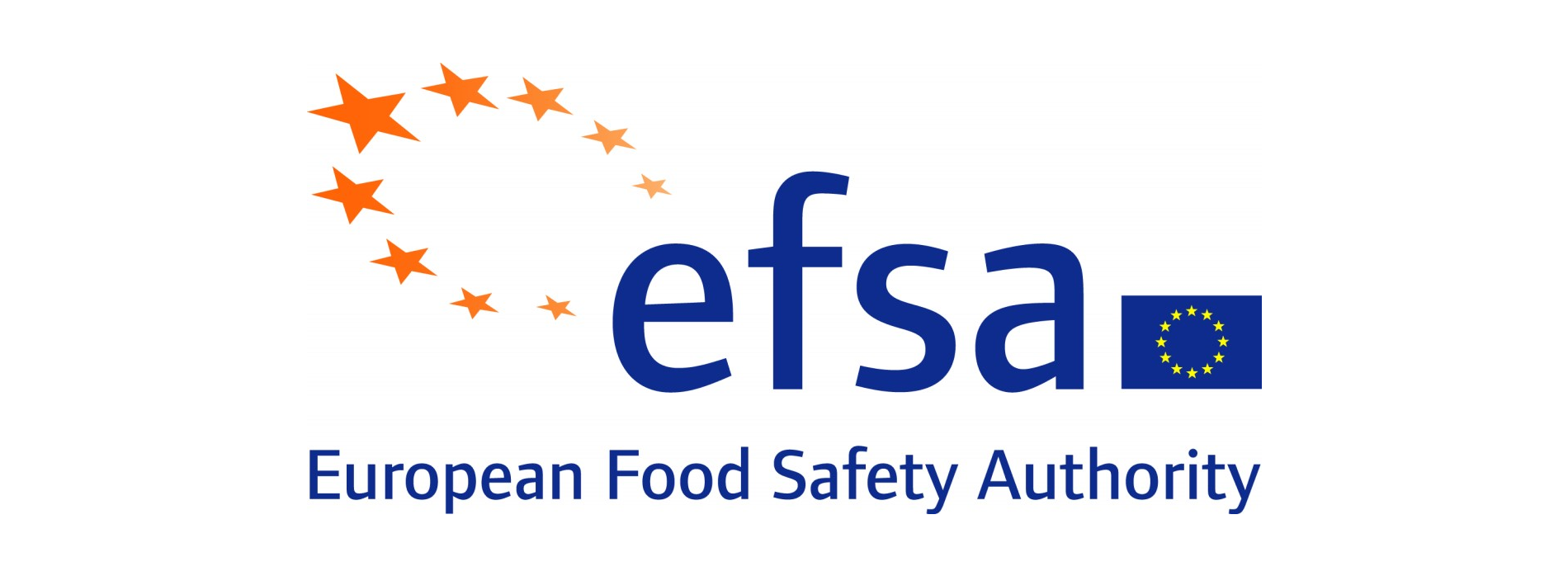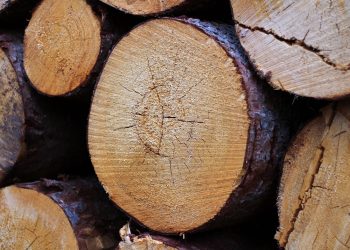“The spread of African swine fever continues at an alarming rate, with recent outbreaks in Italy and two sporadic outbreaks in Germany, close to the borders of France and the Netherlands respectively. African swine fever is not confined to wild boar in Eastern and Central Europe. It is a global issue that poses a significant threat to pigs, farmers and the pork industry and needs to be tackled by all of us together”, said EFSA’s Executive Director, Bernhard Url.
“Empowering stakeholders and economic actors through information is of paramount importance to stop the spread of African swine fever on the continent. Thanks to strong actions on the ground, coupled with ongoing information campaigns, the EU has managed to eradicate ASF in a number of countries in recent years, namely Czechia and Belgium. However, we must not lower our guard as new outbreaks are reported regularly”, said DG SANTE’s Director for Crisis preparedness in food, animals and plant, Bernard Van Goethem.
The campaign will address farmers, veterinarians, and hunters. With the assistance of local farmers’ groups, veterinary organisations, hunting associations, and other relevant bodies, the campaign aims to raise awareness about how to prevent the spread of ASF.
This initiative is part of ongoing efforts by EFSA, the European Commission and other international bodies to halt the spread of ASF in the EU and neighbouring countries.
What is African swine fever?
African swine fever (ASF) is a viral disease that affects domestic pigs and wild boar. The virus is harmless to humans but is causing significant economic disruption in many countries. There are currently no approved vaccines for ASF in Europe, so an outbreak can necessitate the slaughter of large numbers of farm-kept pigs in affected areas.
Find out more
Visit EFSA’s ASF campaign website for more information as well as factsheets, infographics, ready-to-use social media posts and other materials.
See the European Commission’s webpage on the EU actions against ASF.
[1] This designation is without prejudice to positions on status, and is in line with UNSCR 1244 and the ICJ Opinion on the Kosovo Declaration of Independence.
O artigo foi publicado originalmente em EFSA.





